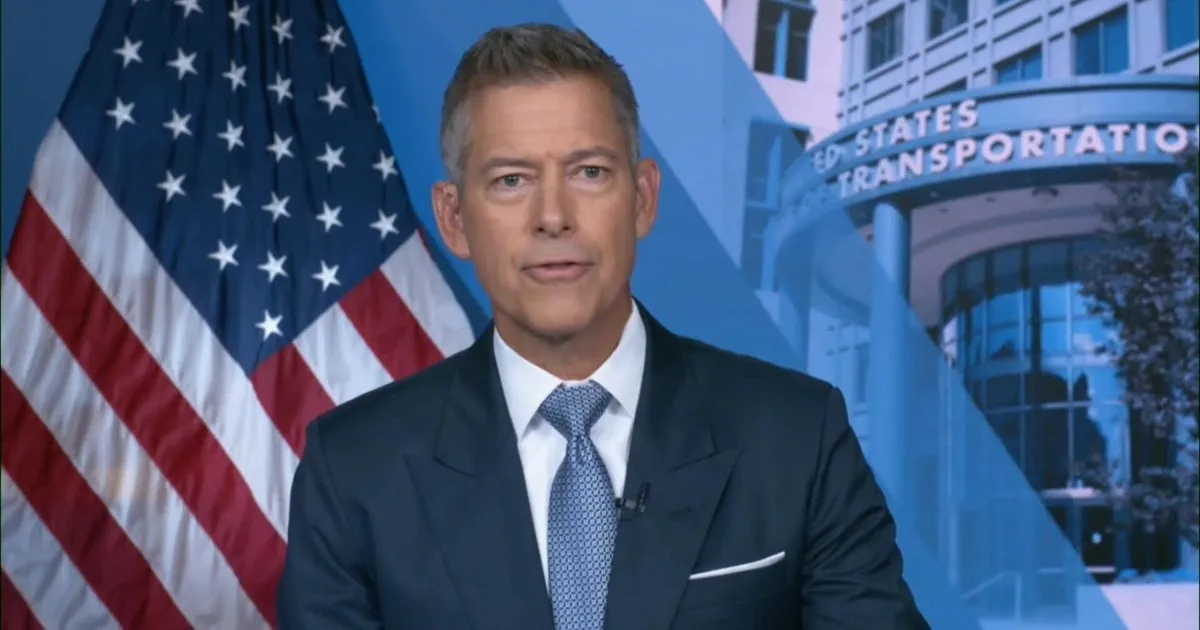
Starting Friday, 40 major U.S. airports are set to experience significant flight reductions as mandated by the federal government. Transportation Secretary Sean Duffy emphasized that safety remains his top priority, although he refrained from sharing specific details about the data that led to this crucial decision to cut capacity. The directive comes as airlines face mounting pressure due to strained air traffic control staffing amid an ongoing government shutdown, which has resulted in intermittent ground stops.
In an interview with CBS Mornings, Duffy explained the rolling staffing issues affecting air traffic controllers, highlighting that one day, staffing concerns might be prevalent in Los Angeles, while the next day, New York, Minneapolis, or Atlanta could face similar challenges. "As we were looking at data, we were seeing increased numbers in some of the categories we don't like," Duffy stated, indicating that these findings prompted the decision to implement flight cuts. While he did not disclose the exact data, he assured that it would be shared with airlines and Congress at a later date.
During a visit to Reagan National Airport in Washington later that day, Duffy mentioned that the safety concerns included more breaches of minimum distance regulations between planes and an uptick in tarmac incursions. As a result, airlines are expected to cut at least 4% of flights on Friday, with reductions potentially climbing to 10% by the end of the following week if the shutdown persists. These cuts will affect not only commercial travel but also cargo flights, private jets, and even space launches.
As the shutdown enters its second month, Duffy revealed that some air traffic controllers have been working extended hours, including 10-hour shifts, six days a week. This intense pressure has resulted in concerning statistics, prompting Duffy to act preemptively. He noted, "The numbers were not troubling, but they were concerning," emphasizing the need for decisive measures to ensure public safety.
The air traffic controllers' union has highlighted that the nation is already thousands of controllers short of the required workforce, exacerbating the situation as employees continue to work without pay. The ongoing financial strain has led to an increase in sick calls among controllers, further complicating the air traffic management scenario.
Rep. Rick Larsen, a prominent Democrat on the House Committee on Transportation and Infrastructure, has criticized the lack of transparency surrounding the flight reductions. In response, Duffy remarked, "If people want to question us, I would throw it back at them: open up the government." He underscored the unprecedented nature of the situation, stating that decisive action was necessary to maintain safety in the airspace.
In conjunction with the flight reduction order, the FAA announced a substantial penalty of $75,000 for every flight a carrier operates beyond the government-imposed limits. Duffy reiterated his commitment to minimizing disruptions in the airspace while ensuring that passengers reach their destinations safely. "I have done all I can to minimize disruption in the airspace," he concluded. "I'm trying to get people where they want to go and get them there safely."